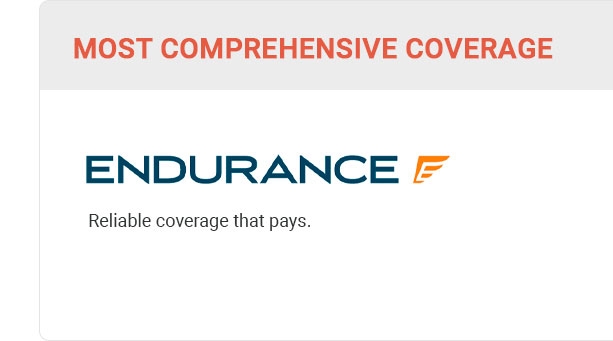 |
 |
 |
 |
 |
 |
 |
 |
 |
|||
 |
 |
|
|||||||
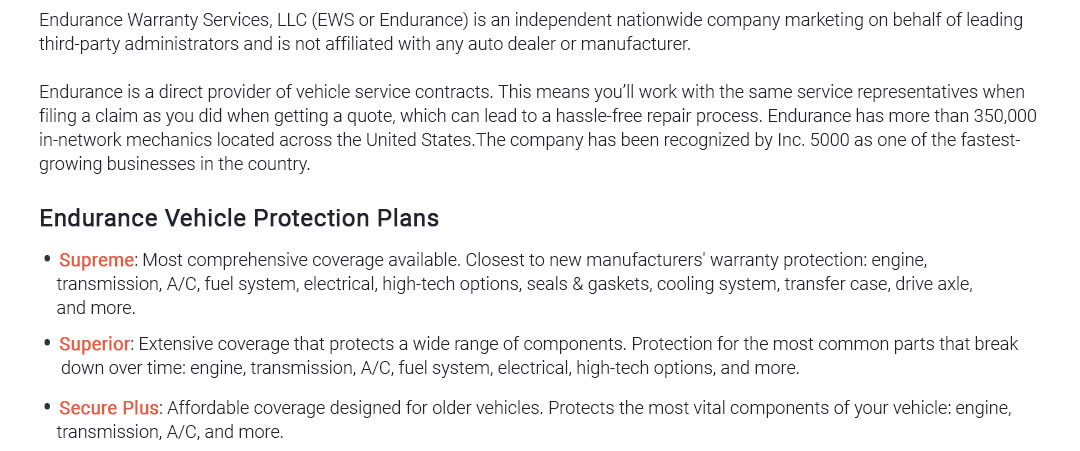 |
|||||||
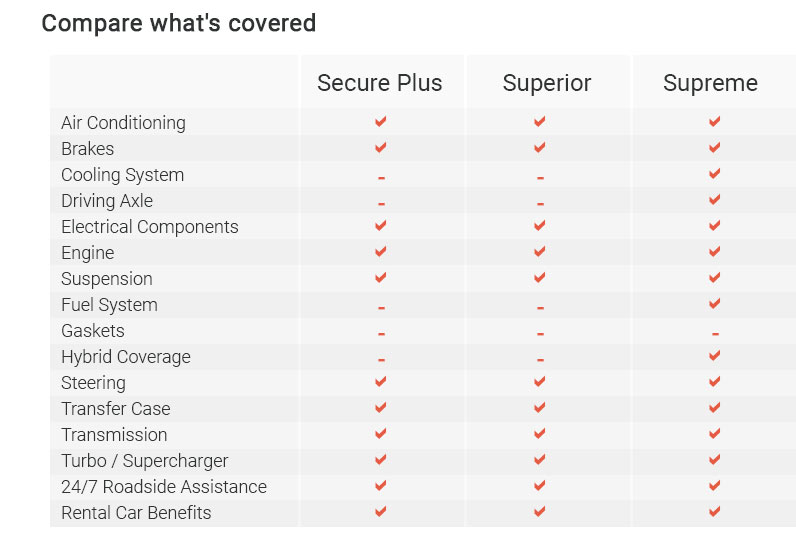 |
|||||||
 |
|||||||
 |
|||||||
|
|||||||
|
||||||
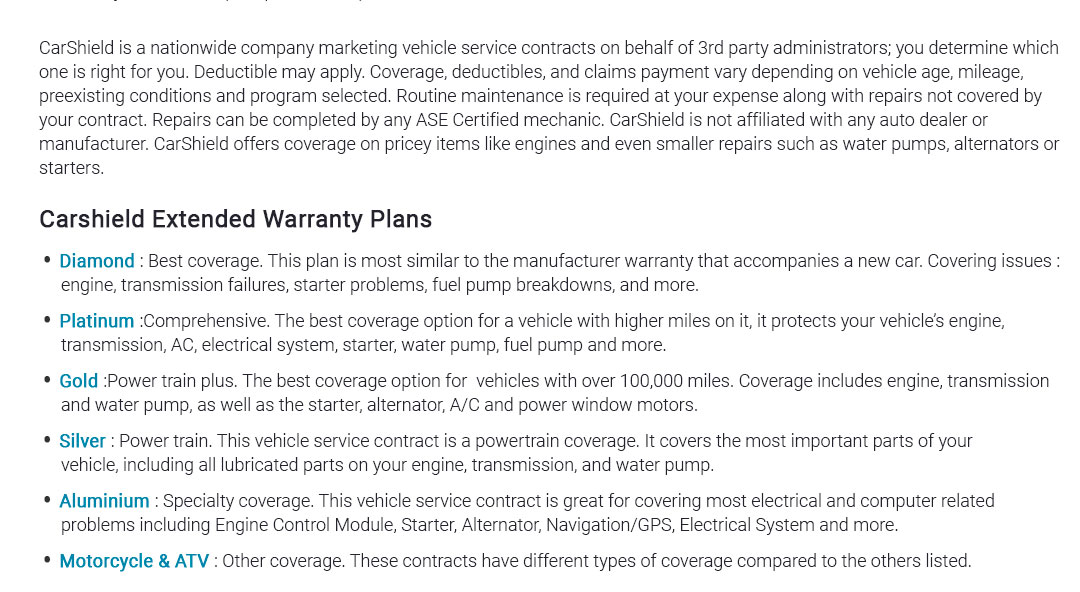 |
||||||
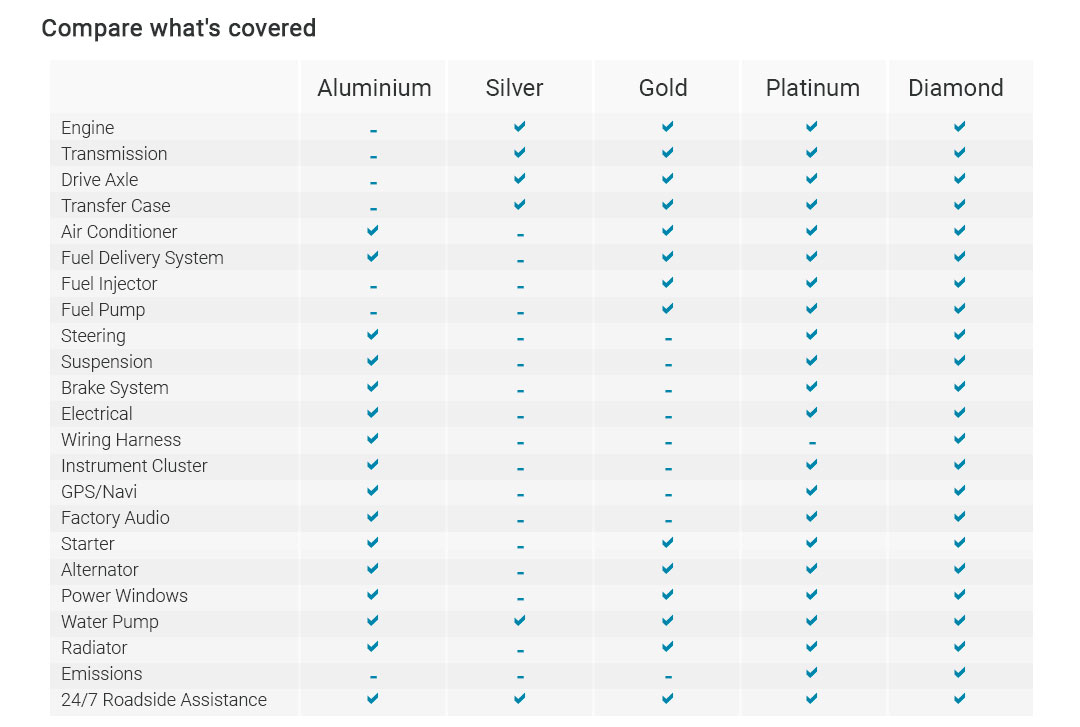 |
||||||
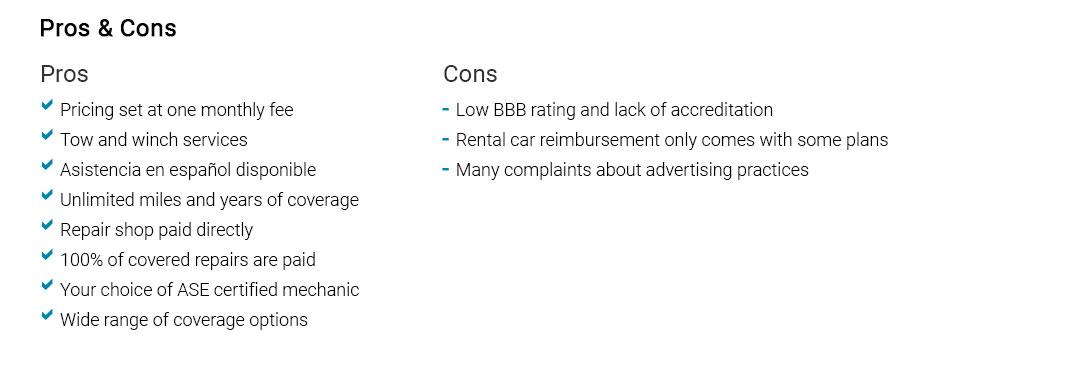 |
||||||
|
 |
 |
 |
 |
 |
 |
 |
Exploring Extended Warranty Comparisons: A Comprehensive GuideIn today's consumer-driven world, the term extended warranty often surfaces during the purchase of major appliances or electronics, prompting many to ponder its true value and effectiveness. Extended warranties, or service agreements, are akin to insurance policies for your products, offering peace of mind against unforeseen repair costs beyond the standard warranty period. As consumers become more financially savvy, the demand for a detailed comparison of these warranties has significantly increased. This article aims to demystify the intricacies of extended warranties by exploring frequently asked questions and providing an insightful comparison to aid your decision-making process. When considering an extended warranty, the first question that arises is, 'Is it truly worth the investment?' The answer, like many things in life, depends largely on individual circumstances and the specific product in question. For instance, if you're purchasing a high-end electronic gadget, the cost of repairs can be exorbitant, making an extended warranty a wise choice. Conversely, for more affordable items, the cost of the warranty might outweigh potential repair expenses, rendering it less economical. Thus, a crucial first step is to evaluate the likelihood of product failure versus the cost of coverage. Next, let's delve into the types of extended warranties available. Typically, warranties are offered either by the manufacturer or through third-party providers. Manufacturer warranties are often perceived as more reliable due to their direct relationship with the product, while third-party warranties can sometimes offer more comprehensive coverage options and competitive pricing. It is essential to scrutinize the terms and conditions, as some warranties may include additional benefits such as accidental damage protection or free annual maintenance checks. Always ensure that you fully understand what is covered and any potential exclusions that might apply.
Finally, consider the company's reputation. A provider's track record in handling claims and customer service can greatly influence the perceived value of their warranty. Look for reviews and testimonials from other consumers who have had firsthand experience with their services. A company with a strong reputation for honoring their warranties and providing excellent customer service can offer significant peace of mind. In conclusion, while extended warranties can offer valuable protection for your investments, they are not universally necessary. By conducting a thorough comparison, considering the cost-benefit ratio, and researching providers, you can make an informed decision that aligns with your financial goals and offers the best protection for your prized possessions. As consumer awareness grows, the ability to critically assess these warranties becomes an essential skill, empowering you to safeguard your purchases effectively. https://www.noblequote.com/learning-center/comparison-and-types-of-warranties/manufacturers-vs-thirdparty-extended-car-warranties-a-comparison
Third-party warranties can be more comprehensive, often including coverage for wear and tear, electronics, and more. Cost Comparison. https://www.chryslerwarrantys.com/compare_plans.cfm
Mopar offers coverage to suit your needs. You can choose from basic powertrain coverage all the way up to full bumper to bumper coverage. https://www.endurancewarranty.com/learning-center/comparisons/extended-warranty-comparison-extended-auto-warranties/
Coverage Depending on the age, mileage, and model of your vehicle, you could have different coverage needs than you thought. There are 4 ...
|


